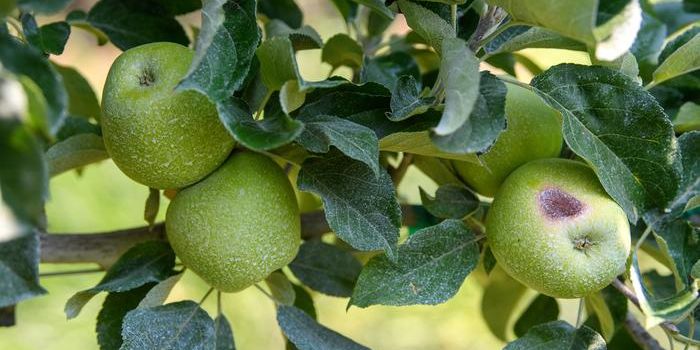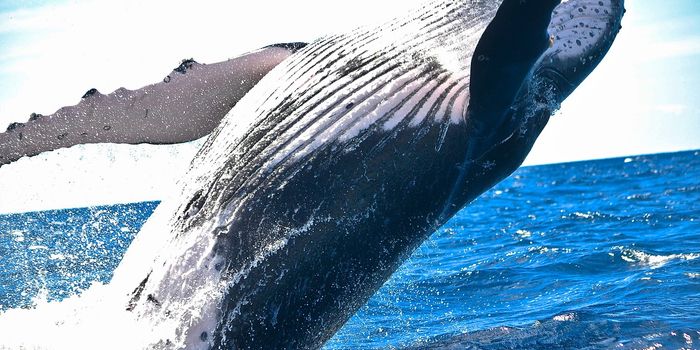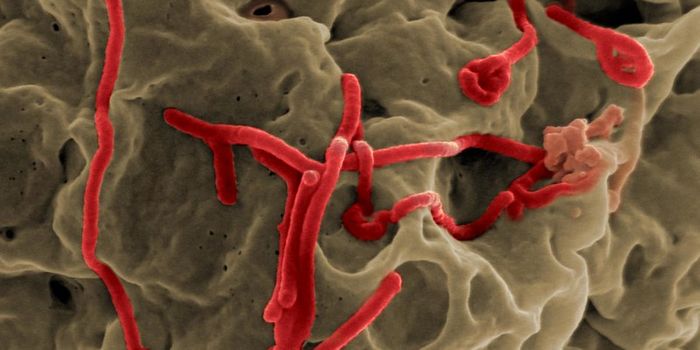Dramatic Insect Decline in Germany Alarms Researchers
As gross as many people think they are, insects are vital to the fragile ecosystem around us. Unfortunately, pollinators and other essential insect populations continue to dwindle around the globe.
Image Credit: Pixabay
In a new study published in the journal PLOS ONE, entomologists hailing from Radboud University cite similar trends occurring in 63 individual nature protection areas throughout Germany.
Alarmingly, insect populations in these protected areas have diminished by 76% in the last 27 years for unexplained reasons. During some parts of the year, insect declines peak out at nearly 82%.
Related: Are honey bees making a comeback in the United States?
While there has long been speculation of insect declines in Germany and other parts of the world alike, this was the first major study conducted in Germany to validate the longstanding fears.
The researchers, bent on discovering more about the declines, looked for correlations. They analyzed several potential factors such as landscape changes, plant coverage, and weather, but came up empty-handed in their attempts to link these elements to the phenomenon.
Instead, the study points to alternative potential triggers behind the substantial insect decline, such as significant agriculture and pesticide usage.
“The research areas are mostly small and enclosed by agricultural areas. These surrounding areas inflict flying insects, and they cannot survive there. It is possible that these areas act as an ‘ecological trap’ and jeopardize the populations in the nature reserves,” explained study co-author Caspar Hallmann.
Related: Scotland's native honey bees are threatened by an imported species
Hallmann also expects that similar circumstances are responsible for worldwide insect declines, but there hasn’t been enough research concerning the matter to confirm his theory entirely.
Insects are an essential part of any ecosystem, not just because of the things they do for nature, but because of the role they serve in the food chain. Larger animals rely on a whole host of insects for food and energy, so the insects' disappearance also has implications for insect-eating animals, like birds.
“The only thing we can do right now is to maintain the utmost caution,” said second study go author Hans. De Kroon.
“We need to do less of the things that we know have a negative impact, such as the use of pesticides and prevent the disappearance of farmland borders full of flowers. But we also have to work hard at extending our nature reserves and decreasing the ratio of reserves that border agricultural areas.”
Perhaps by addressing the public of the significance of an insect-friendly ecosystem, we can do something to reverse insect population declines around the world. It’s a stretch, but it may be plausible with a few adjustments to the way we influence natural ecosystems.
Source: Radboud University









